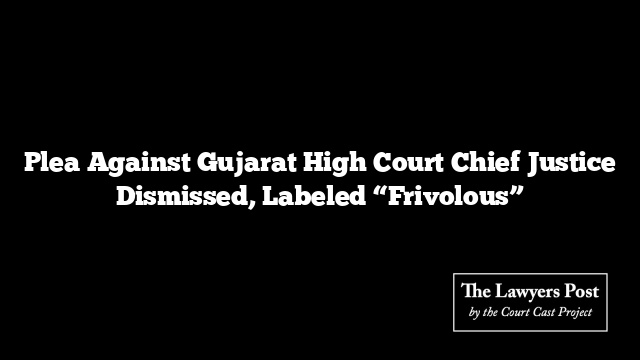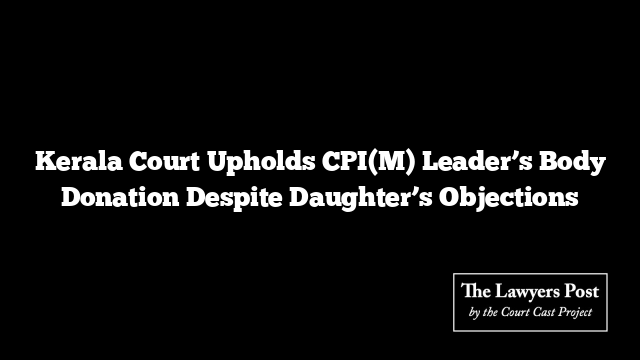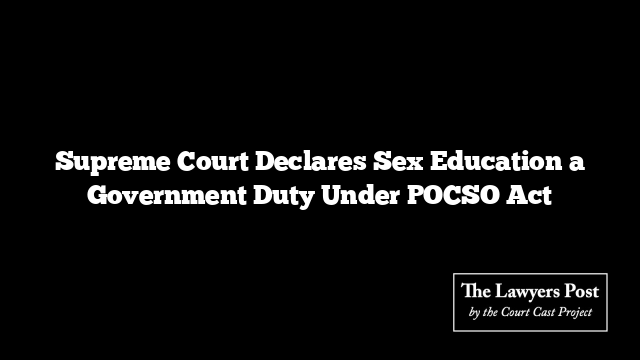In a decisive ruling, the Allahabad High Court has rejected a criminal contempt plea filed against Justice Sunita Agarwal, currently serving as the Chief Justice of the Gujarat High Court. The plea, brought by advocate Arun Mishra, was deemed baseless and an irresponsible use of judicial resources.
A bench comprising Justices Rajiv Gupta and Surendra Singh-I did not mince words, dismissing the plea outright and criticizing its lack of merit. They remarked that the case was “frivolous, vexatious,” and posed a potential disruption to the court’s proper functioning. The bench further expressed disappointment in Mishra, pointing out that as an advocate, he should have demonstrated a greater sense of responsibility.
The contempt plea stemmed from Mishra’s dissatisfaction with two previous rulings made by Justice Agarwal during her tenure at the Allahabad High Court. Mishra alleged bias in these decisions, arguing that they were passed with intent to damage his reputation. In one instance, his petition was dismissed with a ₹15,000 fine, and in another, his case was rejected for want of prosecution.
Mishra further claimed that on the same day as the latter dismissal, other cases involving absent counsel were adjourned, suggesting this indicated bias. He contended that Justice Agarwal’s actions amounted to contempt of her own court.
The Allahabad High Court, however, firmly refuted these allegations, pointing out that the judicial orders in question were issued based on the circumstances of each case, in accordance with judicial discretion. The court emphasized that such rulings do not constitute contempt.
Adding to the rejection of the plea, the Advocate General had already refused consent to initiate contempt proceedings against Justice Agarwal. Under the Contempt of Courts Act, 1971, criminal contempt action requires the written consent of the Advocate General, which is meant to prevent courts from being overwhelmed by unfounded contempt petitions.
The court concluded that Mishra’s petition was more a reflection of personal grievance than a genuine attempt to uphold judicial dignity. Highlighting the need for restraint in such cases, the bench stressed the importance of safeguarding judicial time from misuse by frivolous petitions. The plea was promptly dismissed, affirming that Justice Agarwal’s conduct did not, in any way, meet the threshold for criminal contempt.





